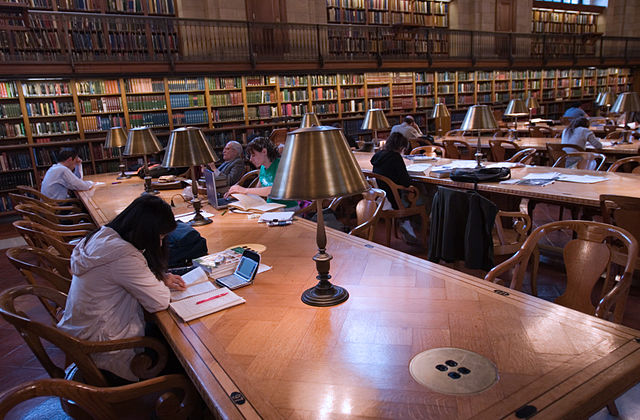Find the full paper here.
Chapter One – Introduction
Bauman (1993, p. 47) argued that responsibility is to say that an individual can be responsible. In this, the arguments for morality are premised on the moral “I” being referenced as a “singular form of the ethical ‘us’” where the “ethical ‘we’, ‘I’ is exchangeable with ‘s/he’” in a manner that creates a moral relationship such that “I and the Other are not exchangeable, and thus cannot be ‘added up’ to form a plural ‘we’” (Bauman and Bauman, 1993, p. 50). From this, we need to decide as to the nature of moral relationships and understand that these are a form of responsibility.
As can be determined from such a response, real responsibility is not a contractual relationship, and the romanticised or non-pragmatic aspects of the world need to be introduced such that the re-enchantment of ideas may be achieved. To do this requires more than just an understanding of concepts but the underlying attainment of why. Values are different from objectives. In ascertaining the aesthetic value of items, education leads to the dissemination of culture, ethical constructs, and moral knowledge. Such values can be provided through literature, and the literary Canon can inculcate the student with an understanding of the frameworks that can lead to personal growth and emotional education (Carr, 2005).
This study is presented as a polemic (Hanegraaff, 2005). Yet, the concept of a polemic has a long and detailed history within academic research and literature (Crowley, 1998). As a refutation of the opinions and principles of another, the polemic structures arguments against alternative opinions, including those who have created polemics against a concept in the past (Varisco, 2017). This research focuses on the western literary Canon (Bloom, 2014). While many attacks have been made against the Canon (Berman, 2011), few provide context as to the benefits to the students. Rather, the authors attack the Canon based on ideas of inclusiveness and equality (Williams, 2021). In doing this, the primary educational outcome is buried beneath alternative political concepts derived from critical theory (Bracey, 2015)...
Find the full paper here.

